Volume 23: February 2020 Archive of CO2 Science Postings
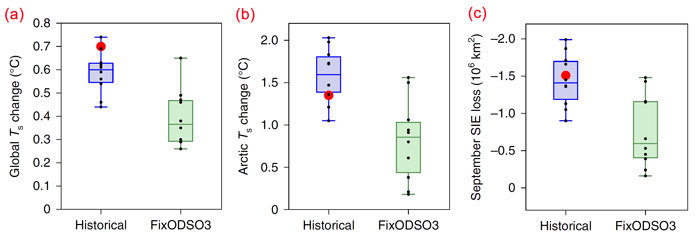
Ozone-depleting Substances are Responsible for Half of Arctic Warming since 1955 (28 February 2020)
Climate alarmists openly claim that rising atmospheric CO2 is responsible for all (or nearly all) of the modern warming witnessed in the Arctic. According to new research by Polvani et al. there is another source of warming just as powerful as CO2. And if that is true, it lessens the case for reducing CO2 emissions...

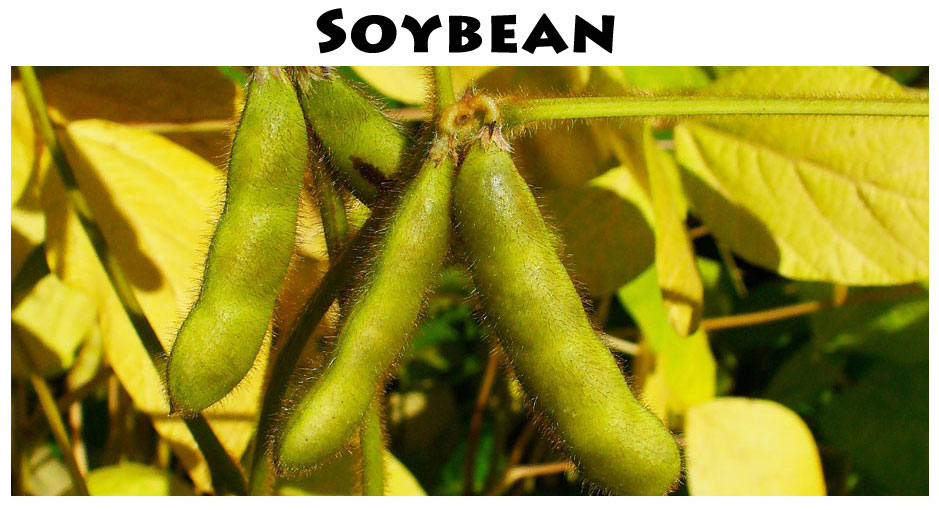
Plant Growth Database (27 February 2020)
Our latest result of plant growth responses to atmospheric CO2 enrichment obtained from experiments described in the peer-reviewed scientific literature is for Soybean (Lenka et al., 2019). To access the entire database, click here.
 Western Juniper Response to Increasing Temperature, Drought and CO2 (26 February 2020)
Western Juniper Response to Increasing Temperature, Drought and CO2 (26 February 2020)Despite a trend toward increasing drought and higher temperatures during the growing season, western Juniper in central Oregon, USA, have experienced enhanced radial growth, courtesy of the growth-enhancing, water-saving and stress-alleviating influences of rising atmospheric CO2...


Plant Growth Database (25 February 2020)
Our latest result of plant growth responses to atmospheric CO2 enrichment obtained from experiments described in the peer-reviewed scientific literature is for Durum Wheat (Torralbo et al., 2019). To access the entire database, click here.
 The Long-term Tolerance of Giant Panda Habitat to Climate Change (24 February 2020)
The Long-term Tolerance of Giant Panda Habitat to Climate Change (24 February 2020)Despite climate model predictions to the contrary, an empirical analysis of giant panda habitat in China reveals that "plant species richness, different functional groups and dominant tree species abundance have kept relatively stable" despite a climate shift toward warmer and drier conditions over the past four decades. What is more, the abundance of the panda's main food source (bamboo) has increased...
 Interactive Effects of CO2 and Drought Stress on Millet (21 February 2020)
Interactive Effects of CO2 and Drought Stress on Millet (21 February 2020)A study of two millet cultivars reveals this C4 plant will experience respectable growth enhancements from elevated CO2 under either well-watered or drought-stressed conditions...


Plant Growth Database (20 February 2020)
Our latest result of plant growth responses to atmospheric CO2 enrichment obtained from experiments described in the peer-reviewed scientific literature is for Rice (Sakai et al., 2019). To access the entire database, click here.

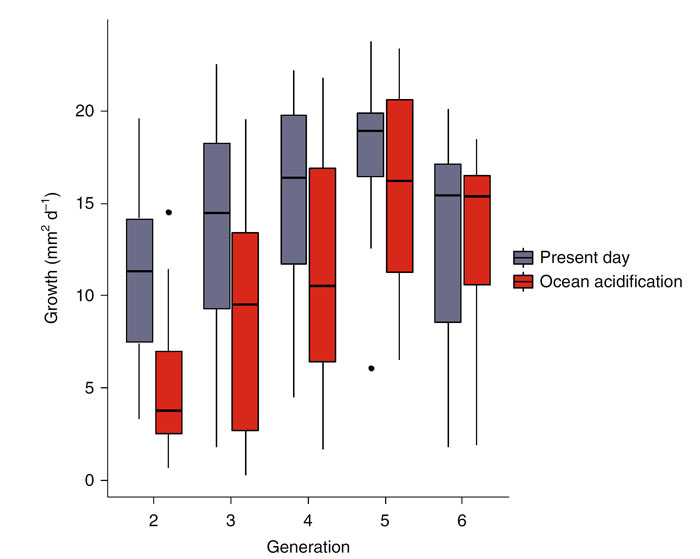
The Growing Tolerance of a Coralline Alga to Ocean Acidification (19 February 2020)
A multi-generational treatment reveals incremental resistance across generations of an ecologically important calcareous red macroalgae to ocean acidification, such that after six generations (423 days of treatment) algal growth in reduced seawater pH treatments had returned to levels observed under present-day seawater pH...

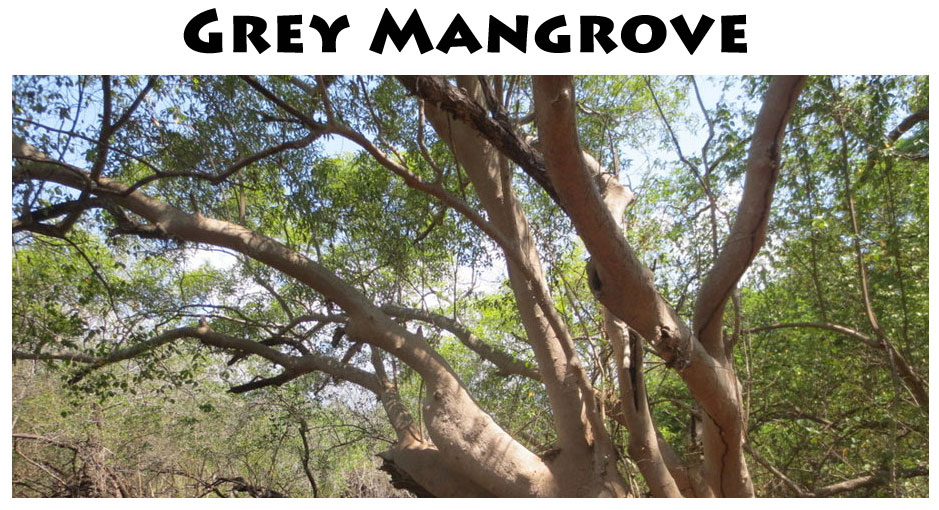
Plant Growth Database (18 February 2020)
Our latest result of plant growth responses to atmospheric CO2 enrichment obtained from experiments described in the peer-reviewed scientific literature is for Grey Mangrove (Jacotot et al., 2019). To access the entire database, click here.
 Testing for a Temperature Effect on Homicides in New York and London (17 February 2020)
Testing for a Temperature Effect on Homicides in New York and London (17 February 2020)When proper methods are utilized, there is no evidence of a relationship between temperature and homicides over the period 1895-2015...

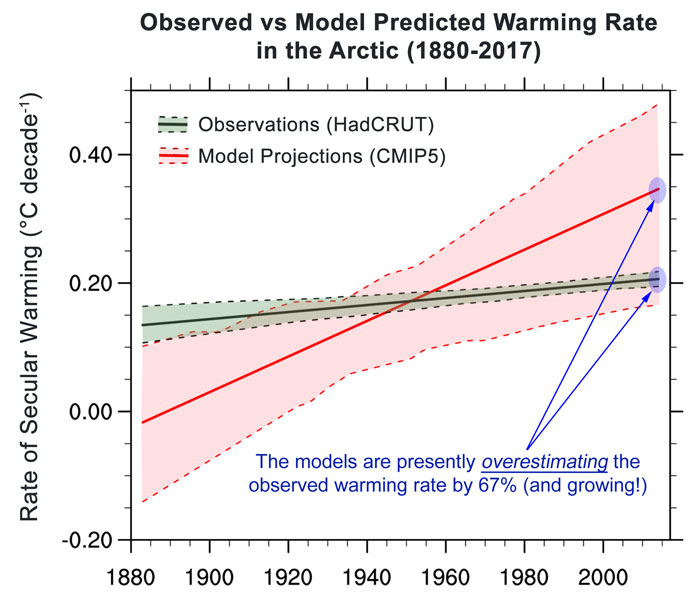
Observed Rates of Arctic Warming Fail to Validate Model-based Projections (14 February 2020)
An important new study has determined that climate models are over-predicting rates of Arctic warming based on an analysis between observed and model-predicted temperatures in this key far north region. At present, the discrepancy amounts to a 67% over-prediction in warming that is increasing every year. Such failure of the models is yet another reason to abandon policies that call for the regulation of CO2 emissions...


Plant Growth Database (13 February 2020)
Our latest result of plant growth responses to atmospheric CO2 enrichment obtained from experiments described in the peer-reviewed scientific literature is for Wheat (Li et al., 2019). To access the entire database, click here.

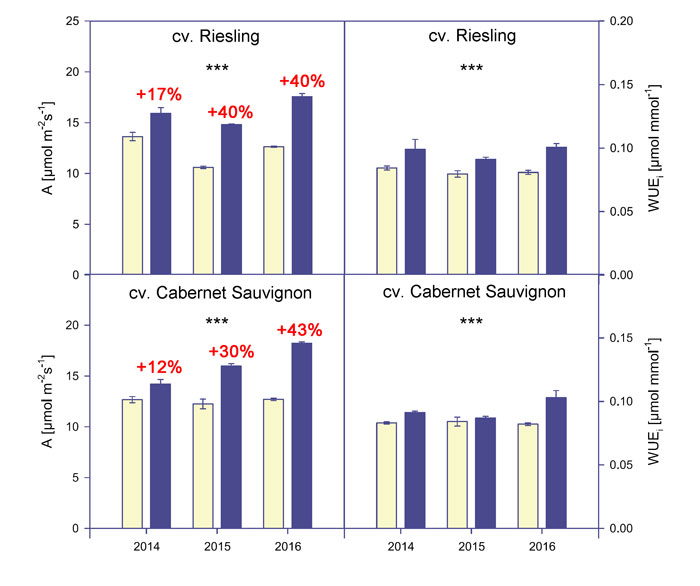
Elevated CO2 Improves the Growth, Yield and Water Use Efficiency of Two Grape Cultivars (12 February 2020)
It is quite remarkable that a small (79 ppm) increase in atmospheric CO2 is capable of providing significant growth and yield-related benefits to the viticulture industry...


Plant Growth Database (11 February 2020)
Our latest result of plant growth responses to atmospheric CO2 enrichment obtained from experiments described in the peer-reviewed scientific literature is for Soybean (Bencke-Malato et al., 2019). To access the entire database, click here.
 Rising CO2 and Increased N Fertilization Improve Maize Defense of the Asian Corn Borer (11 February 2020)
Rising CO2 and Increased N Fertilization Improve Maize Defense of the Asian Corn Borer (11 February 2020)As the air's CO2 concentration rises in the years and decades ahead, farmers who utilize N fertilization in the production of maize will promote its resistance to the Asian corn borer crop pest. And that will translate to greater yields to be consumed by an ever-increasing planetary population...

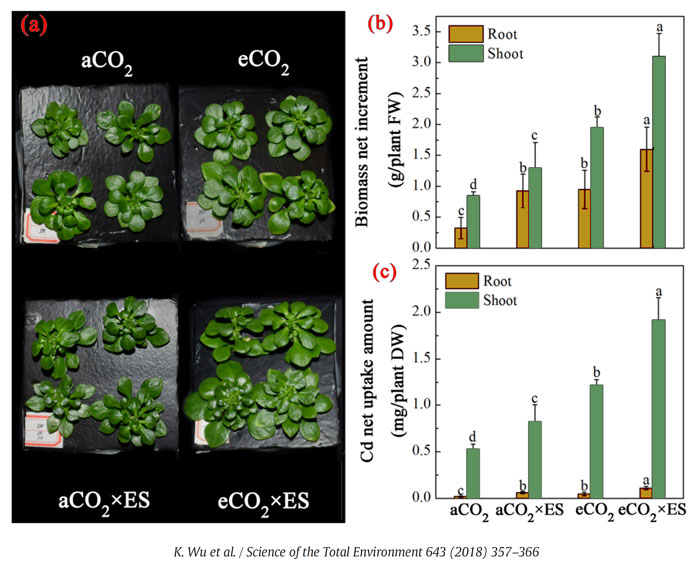
Elevated CO2 Improves Phytoremediation of Cadmium Contaminated Soils (10 February 2020)
Higher levels of atmospheric CO2 increased the amount of Cadmium uptake by an Asian herb by as much as 261%...


Plant Growth Database (6 February 2020)
Our latest result of plant growth responses to atmospheric CO2 enrichment obtained from experiments described in the peer-reviewed scientific literature is for Andiroba (Oliveira and Marenco, 2019b). To access the entire database, click here.

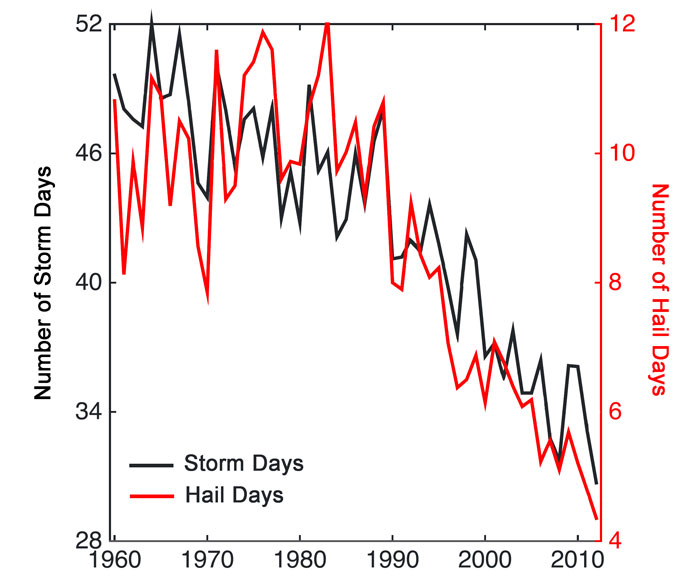
Five Decades of Severe Storm and Hail Days in the Tibetan Plateau (5 February 2020)
Despite significant global warming that has occurred in this region since the 1950s, the frequency of these two severe weather events has declined, and it stark fashion. And that observation led the authors of this study to conclude that "global warming is likely to cause a decrease in the conditions required for severe thunderstorm and hail formation in the Tibetan Plateau over the next century"...


Plant Growth Database (4 February 2020)
Our latest result of plant growth responses to atmospheric CO2 enrichment obtained from experiments described in the peer-reviewed scientific literature is for Rice (Hasegawa et al., 2019). To access the entire database, click here.


A Recent Analysis of Ecosystem Water Use Efficiency Trends in an Old-growth Forest (3 February 2020)
Water use efficiency increased by approximately 26% over the 18-year period 1998-2015, which increase was largely driven by rising levels of atmospheric CO2...





